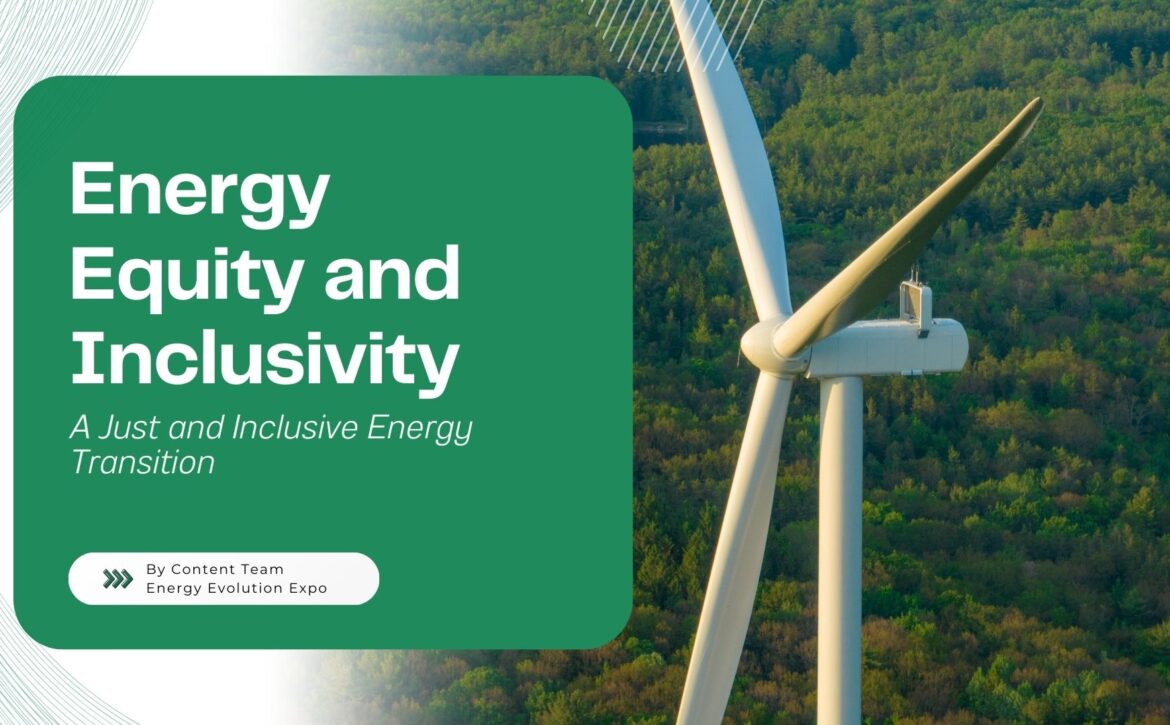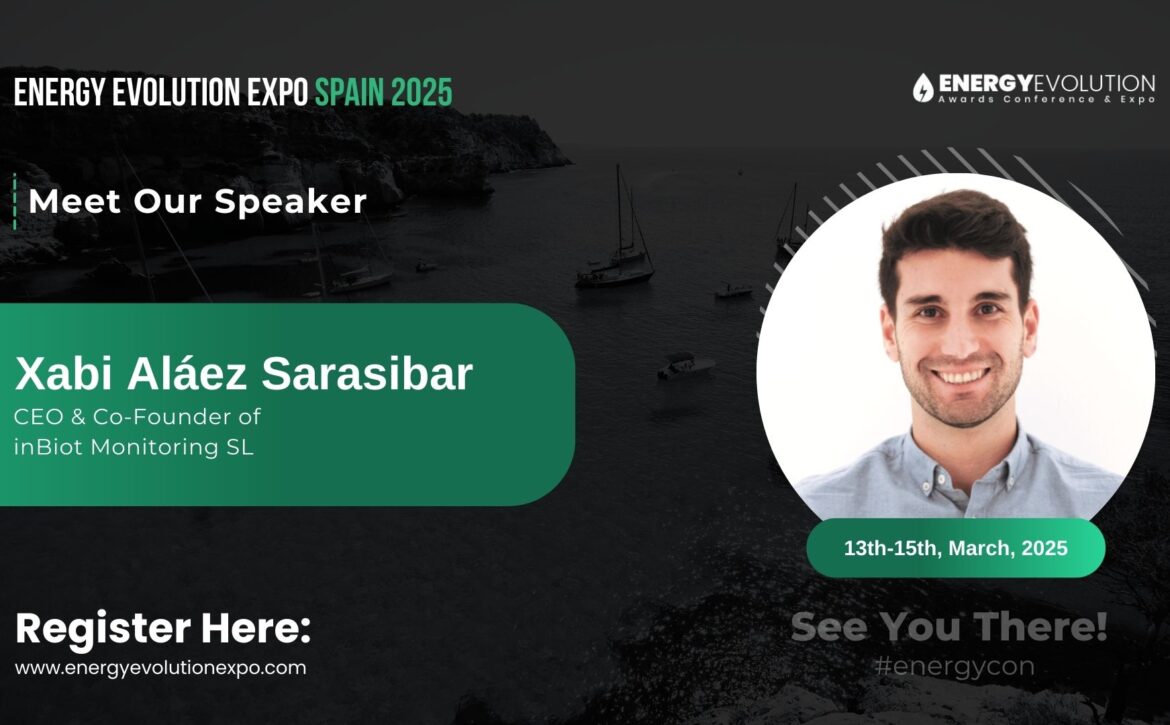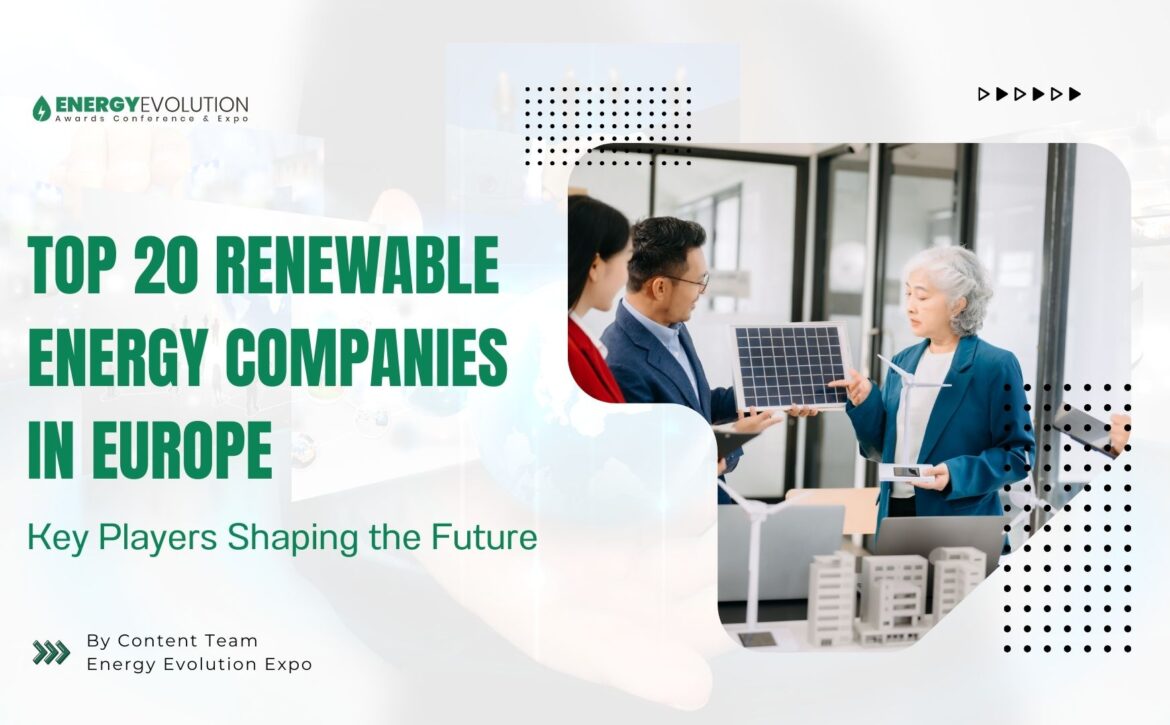Energy Equity and Inclusivity: A Just and Inclusive Energy Transition
Nearly 800 million people worldwide still lack access to electricity, highlighting the urgent need for equitable energy systems in the global shift toward sustainability.
As global economies shift toward clean energy, ensuring equitable access and inclusivity in energy systems has emerged as a critical challenge. Spain is at the forefront of this movement, offering a model for integrating equity and inclusivity into clean energy strategies.
Understanding Energy Equity and Inclusivity
Energy Equity emphasizes fair access to sustainable energy resources, ensuring that historically underserved communities are not left behind. It focuses on:
- Reducing energy poverty through affordable solutions.
- Providing equitable access to renewable energy technologies like solar panels and electric vehicles.
- Lowering energy burdens for low-income households.
Energy Inclusivity ensures that diverse voices, including those from underrepresented groups, are part of decision-making processes in energy policies. This approach acknowledges that:
- Marginalized communities often face the greatest risks from climate change.
- Inclusive policies foster sustainable and widely accepted solutions.
Spain’s Leadership in Energy Equity and Inclusivity
Spain has emerged as a global leader in energy equity, prioritizing innovative technologies, inclusive policies, and community-driven solutions to ensure no one is left behind in the energy transition. By fostering collaboration across sectors and implementing measurable strategies, Spain demonstrates how energy equity can drive economic and social progress.
Renewable Energy Communities
Community Solar Projects: Spain’s renewable energy community model empowers over 500,000 households to generate and share solar energy, cutting energy costs by up to 40% for low-income families.
Proximity-Based Benefits: Renewable energy projects in host municipalities boost local revenues by 15%, funding essential public services like education and healthcare.
Collaborative Policies
Spain’s High-Level Forum on a Just and Inclusive Energy Transition, involving over 200 stakeholders from various sectors, has spearheaded key initiatives:
Smart Grid Expansion: Deployment has increased by 20%, improving energy access in underserved regions.
Renewable Hydrogen Hubs: The establishment of three hubs fosters innovation and ensures inclusivity in the green hydrogen sector.
Renewable Hydrogen: Driving Spain’s Just Energy Transition
Spain is at the forefront of renewable hydrogen innovation, championing its role as a cornerstone of the nation’s energy transition. By harnessing green hydrogen, Spain aims to decarbonize key industries while creating sustainable jobs and reducing regional inequalities. One of the standout initiatives is Spain’s Puertollano hydrogen hub, a flagship project demonstrating the transformative potential of this technology.
The Green Hydrogen Hub in Puertollano
Located in the Castilla-La Mancha region, the Puertollano hub is Europe’s largest green hydrogen facility, powered entirely by solar energy. This state-of-the-art facility produces over 1,000 tons of green hydrogen annually, with applications ranging from industrial processes to energy storage. The project highlights Spain’s commitment to renewable energy by achieving:
Job Creation: The hub has generated hundreds of skilled jobs, addressing unemployment in a region transitioning away from fossil fuels.
Emissions Reduction: By replacing traditional hydrogen with renewable alternatives, the hub significantly reduces carbon emissions in industrial sectors.
Government Support and Future Goals
Spain’s Renewable Hydrogen Roadmap underscores the nation’s ambition to lead the global hydrogen market. Initiatives like Puertollano are bolstered by substantial government investments, including 1.5 billion Euros allocated to green hydrogen by 2030. This strategic focus aligns with the European Green Deal, further positioning Spain as a renewable energy leader.
By combining innovation with inclusivity, projects like the Green Hydrogen Hub ensure that the energy transition benefits communities, industries, and the environment alike. Spain’s approach serves as a model for countries looking to advance sustainable and equitable energy systems.
Global Models of Energy Equity
From Africa to the U.S., and Brazil to India, diverse regions are crafting unique solutions to bridge the energy divide.
Africa’s Mini-Grid Revolution
In sub-Saharan Africa, renewable energy-powered mini-grids bring electricity to remote villages, transforming lives. These grids:
Provide affordable and clean energy where traditional infrastructure is lacking.
Enable economic activities, such as refrigeration for small businesses and irrigation for agriculture, thereby uplifting entire communities.
United States: Community Solar Projects
Across the U.S.,community solar initiatives
have proven transformative. For example, in Colorado, community solar farms have lowered energy bills by an average of 10%-30%, enabling low-income households to benefit from renewable energy without the need to own rooftop panels. Minnesota has pioneered similar efforts, with over 800 megawatts of community solar capacity installed, empowering thousands of underserved residents.
Brazil’s Luz para Todos (Light for All)
Brazil launched Luz para Todos, a national initiative to provide electricity access to remote and impoverished areas. Since 2003, it has connected millions of households to the grid, ensuring that rural communities benefit from modern energy services.
India’s Ujjwala Scheme
The Pradhan Mantri Ujjwala Yojana (PMUY) has provided over 90 million rural households with access to clean cooking fuel, primarily targeting women and marginalized communities. This program reduces health risks associated with traditional biomass cooking methods and exemplifies how inclusive energy policies can directly improve lives.
Bangladesh’s Solar Home Systems
In rural Bangladesh, over 5 million solar home systems have been installed, benefiting 20 million people and reducing annual kerosene consumption by approximately 200,000 tons. This not only improves household savings but also significantly lowers carbon emissions, making it a model for off-grid renewable energy solutions.
Conclusion: Lessons from the World
From India’s strides in clean cooking fuels to Spain’s leadership in renewable hydrogen, the path to energy equity is clear: innovation and inclusivity. By adopting collaborative frameworks and empowering marginalized groups, nations can ensure a sustainable and fair energy transition. The global community must seize this opportunity to make clean energy accessible to all, a responsibility we all share for a brighter, greener tomorrow.
Spain exemplifies how global lessons can inspire localized strategies for a just energy transition. A prime example of this commitment is the Energy Evolution Expo 2025, organized by Next Business Media and Internetshine. This premier event will serve as a hub for industry leaders, policymakers, and innovators to exchange ideas and showcase cutting-edge technologies driving the renewable energy revolution.
By fostering international collaboration and presenting Spain as a leader in sustainable innovation, the expo is a testament to the nation’s forward-thinking approach. Initiatives like renewable energy communities and inclusive policy making further underscore Spain’s holistic strategy for achieving a greener, more equitable future.





